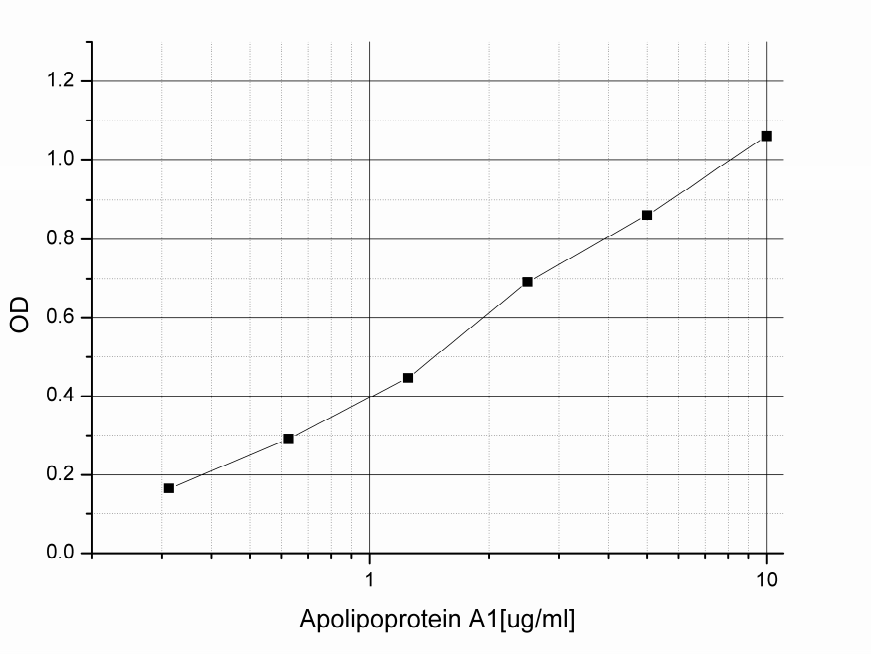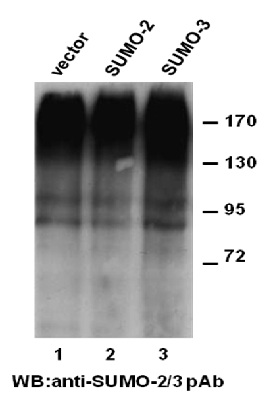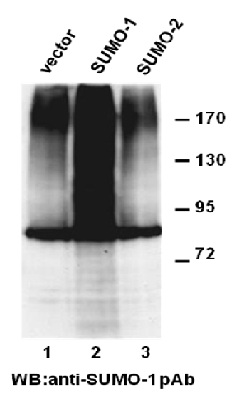Product Highlight
- Cystatin C is mainly used as a biomarker of kidney function
Product Description
Cystatin C, a protein encoded by the CST3 gene, is mainly used as a biomarker of kidney function. Cystatin C has a low molecular weight (approximately 13.3 kilodaltons), and it is removed from the bloodstream by glomerular filtration in the kidney. If kidney function and glomerular filtration rate decline, the blood levels of cystatin C rise. Serum levels of cystatin C are a more precise test of kidney function (as represented by the glomerular filtration rate, GFR) than serum creatinine levels. Cystatin C levels are less dependent on age, sex, race and muscle mass compared to creatinine.
NewEast Biosciences Cystatin C ELISA Kit is a simple and fast sandwich enzyme immunoassay (EIA) for in vitro quantitative detection of Cystatin C proteins in cell lysates, blood and urine samples. Each kit provides sufficient quantities to perform 96 assays.
Assay Principle
With the NewEast Biosciences Cystatin C sandwich ELISA assay system, the polyclonal anti-human Cystatin C antibody is pre-coated onto a 96-well plate and is used to capture Cystatin C proteins from a sample. Captured Cystatin C proteins are detected using biotin-labelled monoclonal anti-human Cystatin C antibody and streptavidin-poly-HRP conjugate. After addition of the substrate solution, the amount of Cystatin C is determined. The standard curve demonstrates a direct relationship between Optical Density (OD) and Cystatin C concentration: i.e., the higher the OD the higher the Cystatin C concentration in the sample.



 Place of Origin:USA
Immunogen:
Place of Origin:USA
Immunogen:





 Add to cart
Add to cart
 Download
Download



